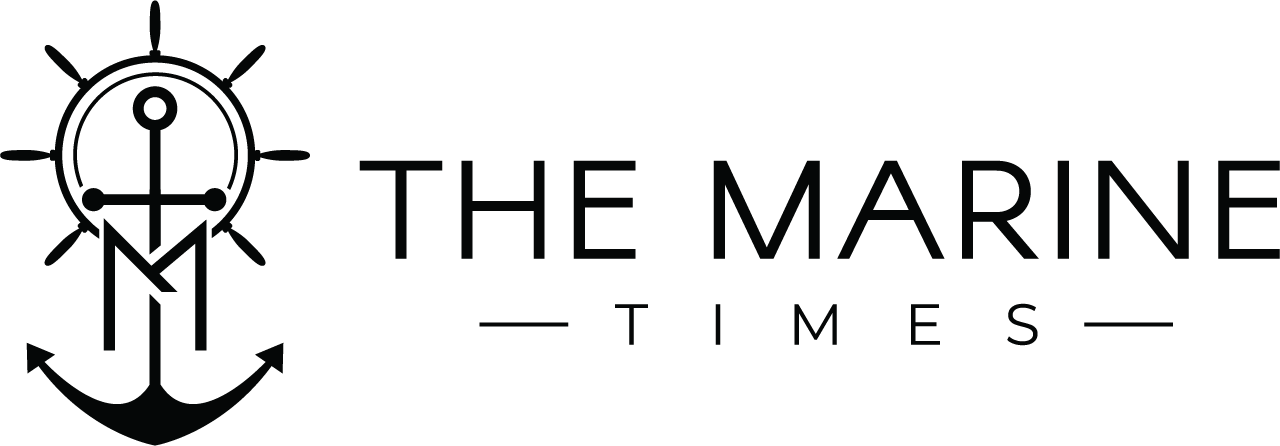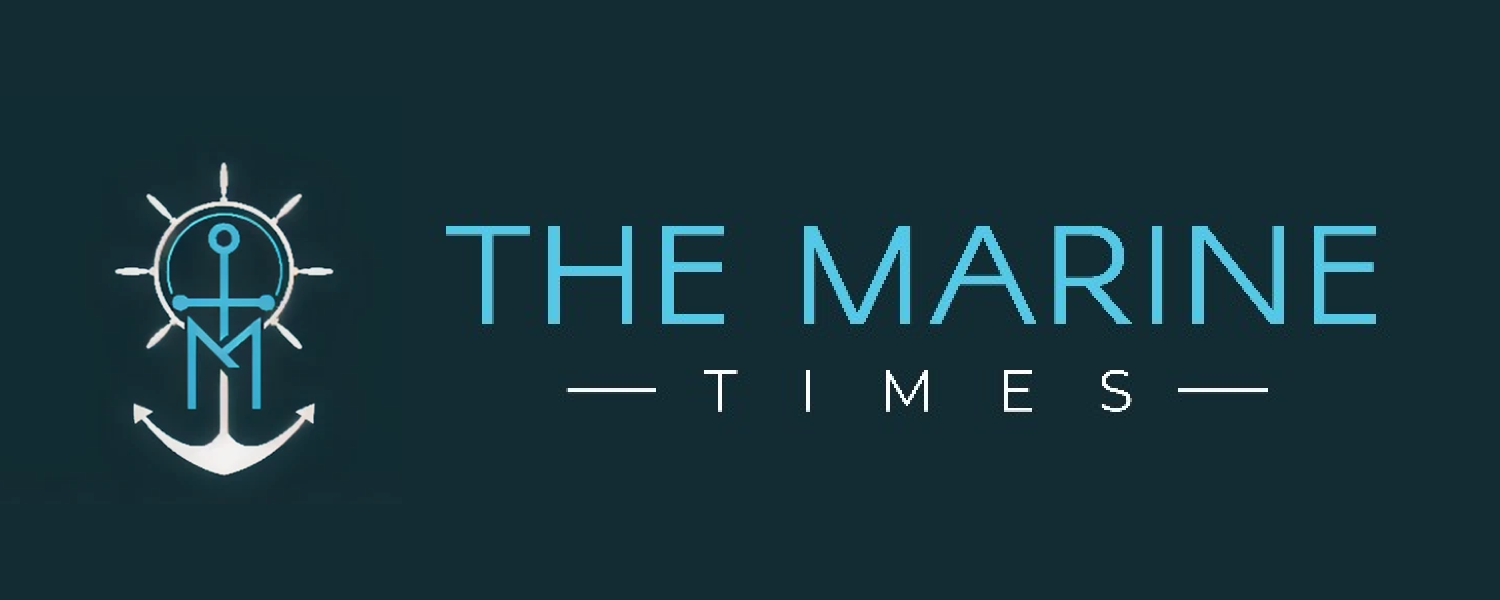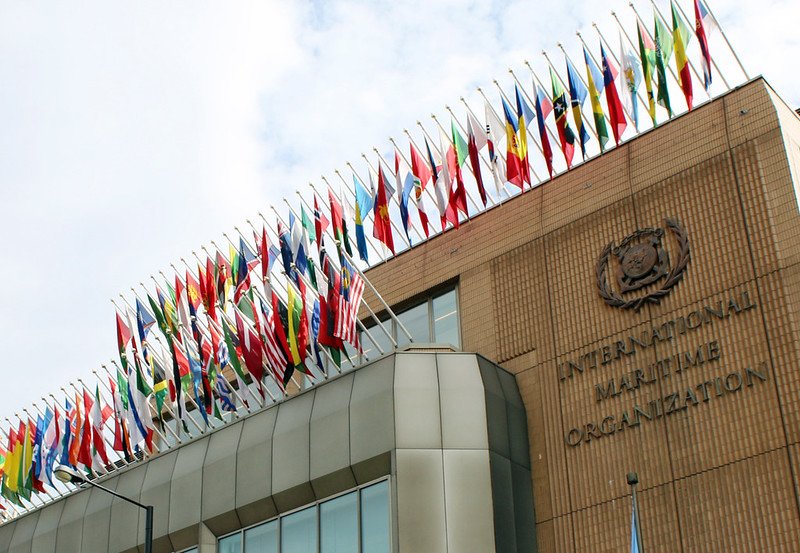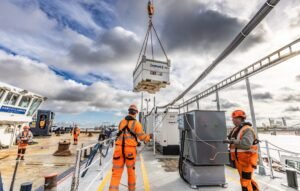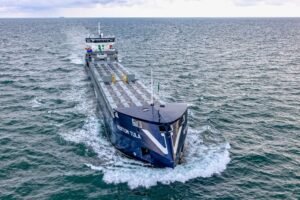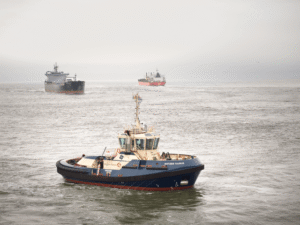The Cyprus Union of Shipowners (CUS) has called on EU member states to vote against the IMO proposed Net-Zero Framework (NZF), with the final vote due tomorrow (17 October).
In a statement issued earlier this week, CUS said the proposed framework represents “a serious threat to European shipping, the economy, and energy security,” describing it as a “multi-billion-euro tax” that would increase costs for consumers and drive inflation across the European Union.
According to the association, the NZF imposes high financial burdens on shipowners without delivering tangible environmental benefits.
It criticised the proposal’s reliance on alternative fuels such as methanol, ammonia, hydrogen, and synthetic LNG — technologies that CUS said are “not yet available at industrial scale” and require “more renewable energy in production than they yield.”
CUS warned that these measures could destabilise global supply chains, raise transport and energy costs, and jeopardise the viability of small and medium-sized shipping companies — the “backbone of European shipping.”
The group also cautioned that the NZF could further inflate LNG prices and deepen Europe’s energy dependency at a time when affordability and security remain critical concerns.
“Cyprus and Europe have a duty to protect their shipping industries,” CUS said. “Any solution should be based on technological innovation and realistic, science-based approaches that safeguard people, the economy, and the environment — not on unfair and ineffective taxation schemes.”
The union urged the Cypriot government and other EU member states to oppose the current proposal to allow more time for consensus among stakeholders and to develop a global decarbonisation framework that reinvests funds back into the shipping industry.
The IMO’s Net-Zero Framework aims to set a global roadmap for achieving zero greenhouse gas emissions from international shipping by 2050. However, divisions remain among member states over the pace of implementation, fuel mandates, and how to finance the transition — setting the stage for a closely watched vote tomorrow.
